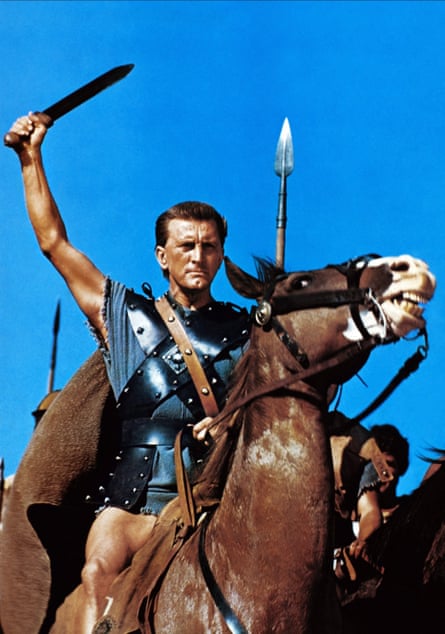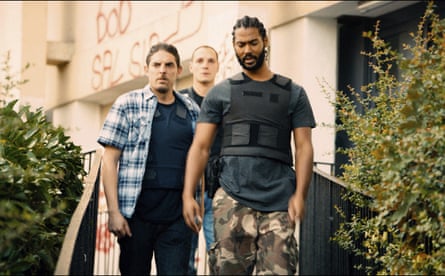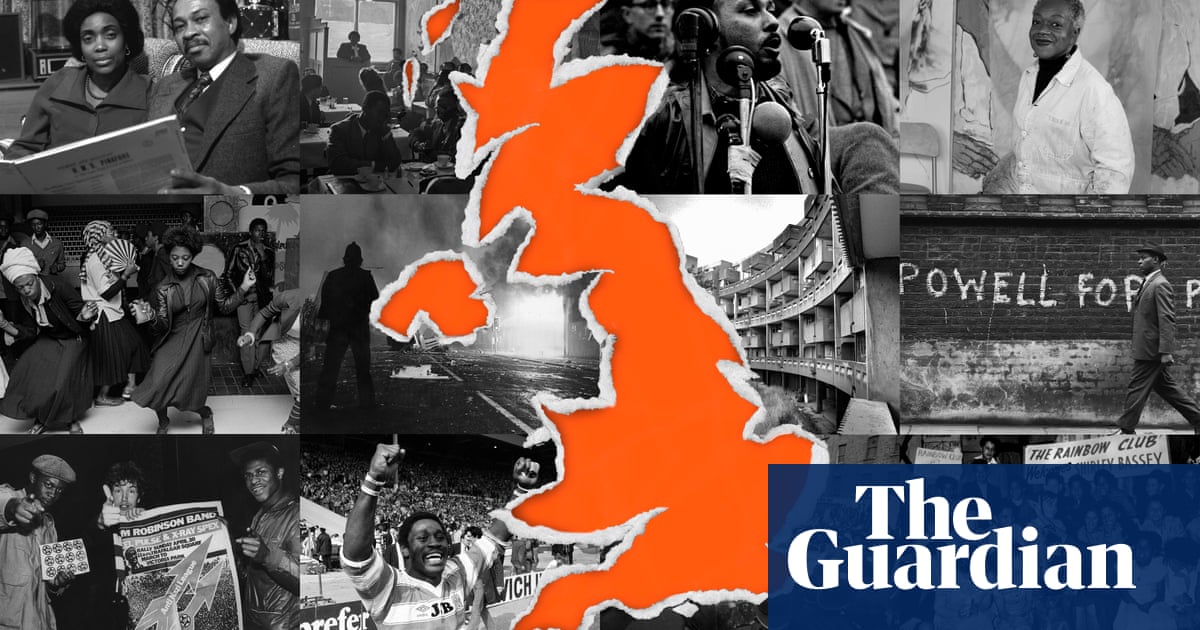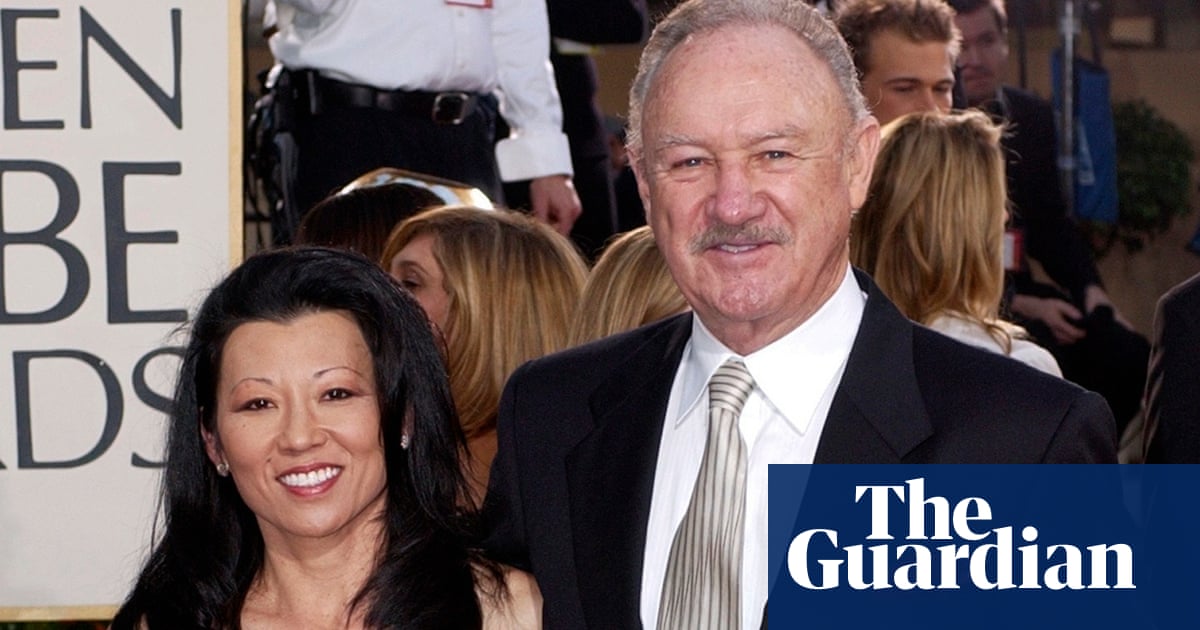From its opening frame, Costa-Gavras’s political thriller Z promises to be an unflinching denunciation of authoritarianism. The kinetic camera work matches its forthright narrative of state-sponsored violence and the erosion of democracy. The Greek expatriate director’s film is loosely based on the 1963 assassination of the democratic leader Grigoris Lambrakis and although it was released in 1969, when Costa-Gavras reigned as a political storyteller, the film still has something to say today in this “golden age” for the United States.
In the flurry of Donald Trump’s executive orders, I found myself watching Z again as I contemplated how we arrived at this political moment – the polarization, disinformation, corruption and complicity by individuals and institutions that precede and abet the collapse of democracy – and what cinema can reveal at a time of censorship, deportations and protesters vilified as domestic terrorists.
It turns out, that’s a lot.
There’s a long tradition of turning anti-totalitarian books into films. George Orwell’s 1984, Ray Bradbury’s Fahrenheit 451 and Margaret Atwood’s The Handmaid’s Tale have been revisited multiple times, confirming the staying power of these cautionary tales in a world where freedom is still dispensable. And there’s also a long tradition of films commenting on totalitarianism. Charlie Chaplin’s The Great Dictator, released in 1940, mocked Adolf Hitler while warning about the dangers of the Führer before the US entered the second world war. I’m Still Here, this year’s Oscar winner for best international feature film, looks at the real-life fallout from Brazil’s dictatorship through the lens of Eunice Paiva’s struggle to discover what happened to her husband Rubens, a former politician who was disappeared by the military in 1971.

Costa-Gavras has said: “Everything is political.” We can see his point in several films across genres that capture how authoritarianism takes root, the importance of resisting unjust systems and the often-protracted fight for human rights and dignity.
Stanley Kubrick’s Spartacus, about a slave uprising in the Roman empire, depicts a hero who fought for the principle of self-determination. Kirk Douglas plays the titular character, a reluctant gladiator who leads the uprising. But the politics behind the 1960 film – and the politics the film represented – are as powerful as the story of the slave revolt. In the hands of screenwriters Dalton Trumbo and Howard Fast, who were blacklisted and imprisoned during the red scare, Spartacus is an allegory for the human right to resist oppressive systems. (The film was based on Fast’s book, written in prison and published in 1951.) In universalizing Spartacus’s desire for freedom, the film-makers echoed the themes of the growing civil rights movement and defended dissent against the censorship of McCarthyism. However, the film isn’t content to leave us with a depiction of heroic freedom fighters. Instead, in its final scenes it highlights the steep price of dissent and the sometimes-protracted struggle for social change. When the uprising fails, Spartacus and his followers are crucified, but his son is born free. The rebellion may be short-lived, but it’s not in vain.
V for Vendetta, the 2005 dystopian film based on the graphic novel by Alan Moore, is a less straightforward story of rebellion against an unjust system and more a critique of the role of government and commentary on the power of an idea to incite social change. Set in a future London in the grips of a fascist regime, the film follows V, played by Hugo Weaving, who is determined to destroy the regime and repay its leaders for torturing him. He hides his identity behind a mask of Guy Fawkes, who with a small band of Catholic co-conspirators attempted to blow up parliament and assassinate King James in 1605. The conspirators wanted the Protestant king to be more tolerant toward Catholics. The conspiracy’s failure is commemorated annually. In the final standoff with the regime’s enforcers, V says: “People should not be afraid of their governments, governments should be afraid of their people,” a statement that could be a motto and a rallying cry for our times.
French film-maker Ladj Ly told the Hollywood Reporter: “I’m an artist, and my job is only to denounce the unjust reality as I see it. I have no solutions. I hope what the film will do is expose the humiliating situations that people are dealing with every day and help more people understand the situation – and why so many of us feel this rage.”

Ly’s acclaimed film Les Misérables, about an uprising against police violence by young Black and Arab men, is set in the segregated banlieues outside Paris. The Siege, a 1998 American film directed by Edward Zwick and co-written by Lawrence Wright, author of The Looming Tower, mines similar territory. The film is set in contemporary Brooklyn where the US military has seized control of the borough after a string of terrorist attacks. The military detains thousands of men of Arab and Middle Eastern descent while people demonstrate for their release outside the barbed-wire fences surrounding the stadium where they are held. Released five years after the first attempt to blow up the World Trade Center and three years before 9/11, The Siege is perhaps more relevant now than it was when it premiered. The ongoing deaths in Gaza and the threats of deportation against foreign students demonstrating on behalf of Palestinians give the film an urgency.
While aspects of the film seem improbable – given its history of surveillance, it’s doubtful that the FBI would confront the military over defending the constitutional rights of detainees – The Siege dares to have a debate we need to have: what it means to be a patriot. When FBI agent Denzel Washington walks in on commanding general Bruce Willis as a man is being tortured, Washington asks, exasperated and outraged: “Are you people insane?” The ensuing argument between the men about the relationship between patriotism and the US constitution could be richer, but at least the film knows the issue must be debated.
As Ly says, film, like art, can reflect and shape reality. Not surprisingly, Z was a favorite of the Black Panther party, which screened an advanced print at a national anti-fascist conference. The Panthers, whose members were surveilled and killed, saw their story in the film. In the climax of Z, everyone involved in exposing the truth about the murder of the populist leader is imprisoned, killed or exiled. And as the military cracks down on free speech, a list of banned words and activities, from freedom of the press to labor unions, continuously scrolls behind the television news anchors announcing the decrees. In its disturbing epilogue, Z reminds us of a universal truth about authoritarians that we can’t afford to ignore: to succeed they must first control information.

.png) 1 week ago
17
1 week ago
17













































